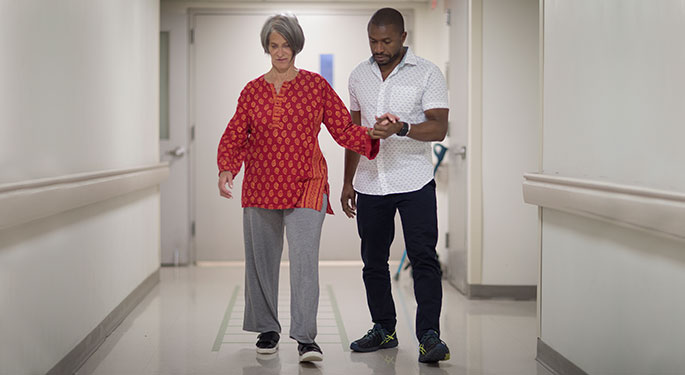Enhancing Recovery Through Cardiovascular Physical Treatment during the Journey of Post-Operative Recovery
Enhancing Recovery Through Cardiovascular Physical Treatment during the Journey of Post-Operative Recovery
Blog Article
Cardiopulmonary physiotherapeutic therapy plays a vital role in assisting individuals recover after surgical procedures, particularly for those who have undergone procedures affecting the heart and lungs. Recovery from an operation can be a challenging process, often accompanied by pain, fatigue, and limited movement. Yet, with the appropriate strategy and support, patients can restore their vitality and enhance their general health. This type of treatment concentrates on enhancing the function of the cardiac system and lungs, which is essential for a successful recovery.
One of the primary objectives of cardiopulmonary physiotherapeutic therapy is to improve heart and lung endurance. After surgery, individuals may experience decreased endurance, making daily activities feel more exhausting. Through a meticulously planned exercise program, therapists guide patients in incrementally increasing their physical activity levels. This may consist of exercises such as walking, bicycling, or specific respiratory activities. These exercises not only aid build power but also boost respiratory capacity, which is crucial for ensuring that the body receives enough air.
Additionally, cardiopulmonary physical treatment emphasizes the importance of breathing techniques. Many surgical patients may find it difficult with full breathing due to pain or limited mobility. Physical therapists instruct individuals how to perform deep breathing activities, which can facilitate increase the pulmonary system and eliminate any secretions that may have accumulated during the healing process. Appropriate respiratory techniques are essential to Recommended Reading avoid issues such as lung infections, which can occur if the lungs are not functioning optimally. By focusing on these techniques, patients can enhance their recovery and overall lung health.
Another key element of this type of treatment is instruction. Therapists provide important insight about the recovery process, including what individuals can anticipate during recovery. They clarify how to identify warning signs that may indicate issues, helping patients feel more in charge of their health. Comprehending the role of exercise in recovery allows individuals to take an engaged part in their healing process. This empowerment is essential for fostering self-assurance and promoting a constructive outlook during healing.
In conclusion, cardio-pulmonary physiotherapeutic therapy is an essential aspect of post-operative recovery for individuals undergoing cardiac and pulmonary procedures. By concentrating on improving cardiovascular endurance, instructing respiratory techniques, and offering education, physical therapists empower patients to assume charge of their healing. This specialized therapy not only assists in bodily healing but also supports mental well-being, making the journey of recovery easier and more manageable. With the appropriate assistance and guidance, patients can effectively regain their vitality and go back to their daily activities.